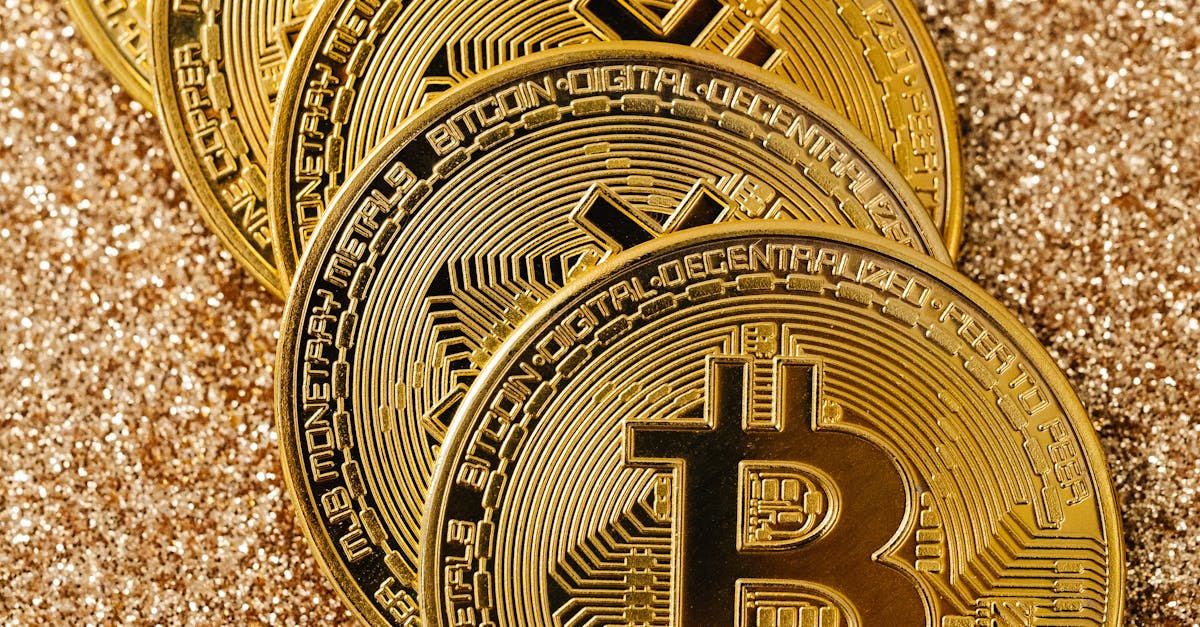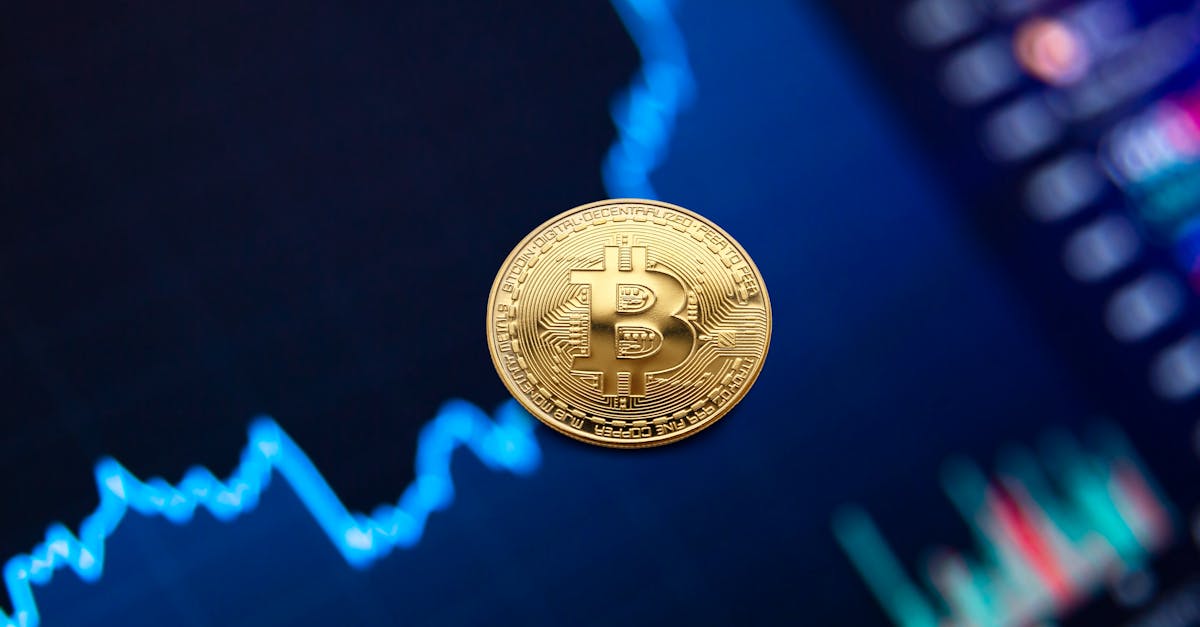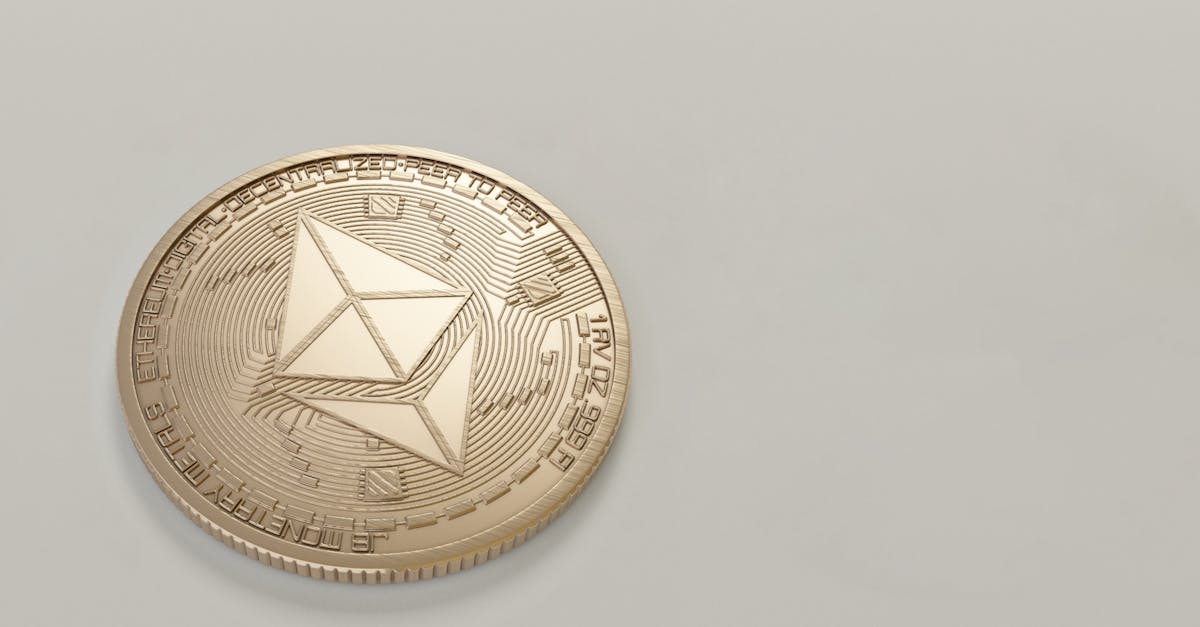Smart Contracts: Catalysts for Disruptive Innovation in the Gold Market

Embracing Innovation: Smart Contracts Revolutionize the Gold Market
The gold market, steeped in tradition, is on the cusp of a transformative era as it embraces the transformative power of smart contracts. These self-executing contracts, built on the robust foundation of blockchain technology, bring a wave of innovation that promises to revolutionize the industry. From enhancing security and transparency to automating transactions and promoting ethical practices – smart contracts are poised to unlock a world of possibilities for the gold market.
Venturing into the realm of smart contracts opens up new avenues for gold transactions. By eliminating intermediaries and streamlining processes, smart contracts pave the way for a more efficient and cost-effective gold market. Furthermore, the inherent transparency offered by blockchain networks ensures that every transaction is meticulously recorded and can be traced back to its origin, fostering greater trust and confidence among market participants.
Key Insights: Smart Contracts Transforming the Gold Market
-
Smart contracts bring enhanced security, transparency, and efficiency to the gold market, revolutionizing transactions.
-
Blockchain technology provides a robust infrastructure for smart contracts, ensuring immutability, transparency, and security.
-
Smart contracts automate gold transactions, eliminating intermediaries, reducing costs, and minimizing risks.
-
Smart contracts provide a transparent audit trail, ensuring the traceability of gold from origin to ownership, promoting responsible sourcing.
-
Smart contracts can support sustainability by incorporating ethical and conflict-free gold practices, minimizing environmental and social impacts.
1. Embracing Smart Contracts in the Gold Market
Embracing Smart Contracts in the Gold Market: Discover the advantages of deploying smart contracts in the gold market, ensuring secure, transparent, and efficient transactions.
The advent of smart contracts marks a transformative era for the gold market, bringing forth a multitude of advantages that enhance security, transparency, and efficiency. Smart contracts, self-executing agreements built on blockchain technology, introduce automation and streamline processes, resulting in reduced costs and operational complexities. The inherent immutability of blockchain ensures the secure and tamper-proof storage of transaction records, providing immutable proof of ownership and provenance.
Transparency is further enhanced through the distributed ledger system, where every transaction is meticulously recorded and auditable by all authorized participants. This eliminates the potential for fraud and malpractice, fostering trust and confidence among market participants. The disintermediation enabled by smart contracts eliminates the need for intermediaries, further reducing transaction costs and delays, and empowering market participants to directly engage in peer-to-peer transactions.
The transformative power of smart contracts extends beyond operational benefits. They introduce new possibilities for innovation and market expansion. The ability to create customized smart contracts tailored to specific requirements opens up a world of opportunities for bespoke solutions that cater to the unique needs of market participants. Smart contracts are not just revolutionizing the gold market but also laying the groundwork for a more transparent, efficient, and inclusive financial ecosystem.
2. Delving into the Benefits of Blockchain Technology

Delving into the Benefits of Blockchain Technology: Understand how blockchain networks provide a robust infrastructure for smart contracts, fostering immutability, transparency, and security.
The transformative potential of smart contracts is deeply intertwined with the robust foundation provided by blockchain technology. Blockchain networks offer a decentralized, distributed ledger system that serves as the backbone for smart contracts, ensuring immutability, transparency, and enhanced security.
The decentralized nature of blockchain eliminates the reliance on a centralized authority, empowering all network participants to maintain a copy of the ledger. This distributed architecture makes data manipulation virtually impossible, as any changes to the ledger must be verified and approved by a majority of the network, ensuring the integrity and immutability of transaction records.
Transparency is another hallmark of blockchain technology. Every transaction is meticulously recorded on the public ledger, providing a complete and auditable history of all activities. This transparency fosters trust and accountability among market participants, as every action is traceable and verifiable. The immutable and transparent nature of blockchain technology provides a solid foundation for smart contracts, ensuring the secure and reliable execution of agreements.
3. Automating Gold Transactions with Smart Contracts
Automating Gold Transactions with Smart Contracts: Explore how smart contracts streamline gold transactions, eliminating intermediaries, reducing costs, and minimizing risks.
Smart contracts are not just revolutionizing the gold market but also introducing a new era of automation and efficiency. By eliminating the need for intermediaries, smart contracts streamline transactions, significantly reducing costs and operational complexities. The self-executing nature of smart contracts automates processes, ensuring that transactions are executed precisely as per the predefined conditions, minimizing the risk of errors and delays.
Furthermore, smart contracts provide a secure and transparent platform for gold transactions. The immutability of blockchain technology ensures that transaction records are tamper-proof and auditable, providing all authorized participants with a complete and verifiable history of activities. This enhanced transparency minimizes the risk of fraud and malpractice, fostering trust and confidence among market participants.
The automation and efficiency introduced by smart contracts not only reduce operational costs but also create new opportunities for market growth and innovation. The ability to execute complex transactions seamlessly and securely opens up possibilities for new financial instruments and services tailored to the specific needs of the gold market.
4. Enhancing Transparency: Tracking Gold Provenance and Ownership

Enhancing Transparency: Tracking Gold Provenance and Ownership: Discover how smart contracts provide a transparent audit trail, ensuring the traceability of gold from origin to ownership.
Smart contracts are not just transforming the gold market but also revolutionizing transparency and traceability. By providing an immutable and transparent audit trail, smart contracts ensure that the provenance and ownership of gold can be tracked accurately and securely from the mine to the final consumer.
The distributed ledger technology underlying smart contracts creates an incorruptible record of every transaction, providing all authorized participants with a complete and verifiable history of gold movement. This transparency not only enhances trust and confidence among market participants but also provides a powerful tool for combating fraud, money laundering, and other illicit activities.
Furthermore, smart contracts can be programmed to incorporate specific rules and regulations regarding the ethical sourcing of gold, promoting responsible practices and minimizing the environmental and social impacts associated with gold mining. This enables conscious consumers to make informed choices, supporting sustainable and conflict-free gold practices.
5. Supporting Sustainability: Promoting Ethical and Conflict-Free Gold
Supporting Sustainability: Promoting Ethical and Conflict-Free Gold: Explore how smart contracts contribute to ethical sourcing and responsible gold practices, minimizing environmental and social impacts.
Smart contracts are playing a pivotal role in promoting sustainability and ethical practices in the gold market. By incorporating specific rules and regulations into their code, smart contracts can ensure that gold is sourced responsibly, minimizing environmental damage and social conflicts.
Transparency is a key factor in driving sustainability. Smart contracts provide an immutable and transparent record of gold transactions, ensuring traceability throughout the supply chain. This transparency empowers consumers to make informed choices, supporting miners and businesses that adhere to ethical and sustainable practices. Smart contracts can also be used to track compliance with environmental regulations, reducing the risk of illegal mining and deforestation.
Furthermore, smart contracts can facilitate the development of innovative financial instruments that promote sustainable practices. For example, smart contracts can be used to create gold-backed tokens that are linked to the responsible sourcing of gold. These tokens can provide investors with a new way to support ethical gold mining practices while also hedging against price volatility.
6. Legal Considerations: Ensuring Compliance and Security
Legal Considerations: Ensuring Compliance and Security: Examine the legal implications of smart contracts in the gold market, addressing issues of regulatory compliance, enforceability, and dispute resolution.
The adoption of smart contracts in the gold market brings forth a unique set of legal considerations that must be carefully addressed to ensure compliance, security, and enforceability. Regulators worldwide are actively working to establish clear legal frameworks for smart contracts, providing guidance on their use and addressing issues such as legal validity, liability, and dispute resolution.
Smart contracts can enhance regulatory compliance by automating compliance checks and incorporating relevant regulations into their code. This can reduce the risk of non-compliance and streamline regulatory reporting processes. However, it is crucial for businesses to seek legal counsel to ensure that their smart contracts are compliant with all applicable laws and regulations.
Enforceability is another critical legal consideration. Smart contracts are self-executing, meaning that they automatically execute the terms of the agreement once certain conditions are met. This raises questions about the legal enforceability of smart contracts in different jurisdictions. Courts need to adapt to the unique characteristics of smart contracts and establish clear legal principles for their enforcement.
7. Case Studies: Exploring Successful Smart Contract Implementations
Case Studies: Exploring Successful Smart Contract Implementations: Highlight real-world examples of smart contract applications in the gold market, showcasing their transformative impact and adoption.
Smart contracts are gaining traction in the gold market, with several successful implementations demonstrating their transformative potential. One notable example is the use of smart contracts to automate the settlement of gold trades. Traditionally, gold trades were settled through a complex and time-consuming process involving multiple intermediaries. Smart contracts streamline this process by automating the execution of trades based on pre-defined conditions, reducing settlement times and operational costs.
Another successful application of smart contracts is in the area of gold provenance and traceability. Smart contracts can be used to create an immutable record of gold ownership and movement throughout the supply chain. This provides greater transparency and traceability, ensuring that consumers can be confident in the ethical sourcing of their gold. Smart contracts can also be used to enforce responsible mining practices, promoting sustainability and reducing the environmental impact of gold mining.
Furthermore, smart contracts are being explored for the creation of new financial instruments in the gold market. For example, smart contracts can be used to create gold-backed tokens that represent ownership of physical gold. These tokens can be traded on digital asset exchanges, providing investors with a new way to access and trade gold.
How do smart contracts ensure the secure and tamper-proof storage of transaction records?
Smart contracts leverage blockchain technology, which utilizes a decentralized and distributed ledger system. This means that transaction records are not stored in a single location but rather across a network of computers, making them highly secure and resistant to tampering or manipulation.
Can smart contracts completely eliminate the need for intermediaries in gold transactions?
While smart contracts can significantly reduce the reliance on intermediaries, they may not completely eliminate the need for them. Certain aspects of the gold market, such as physical delivery and settlement, may still require the involvement of intermediaries to ensure the safe and efficient execution of transactions.
How do smart contracts contribute to promoting sustainability in the gold market?
Smart contracts can be programmed to incorporate specific rules and regulations regarding the ethical sourcing of gold. They can track compliance with environmental standards and ensure that gold is mined responsibly, minimizing the negative impact on the environment and local communities.
Table of Key Insights: Smart Contracts Transforming the Gold Market
| Key Insight | Description | |—|—| | Smart Contracts Enhance Security, Transparency, and Efficiency | Smart contracts leverage blockchain technology to provide secure, transparent, and efficient gold transactions. | | Blockchain Provides a Robust Infrastructure | Blockchain networks offer a distributed and immutable ledger system, ensuring the integrity and security of smart contracts. | | Automation Streamlines Transactions | Smart contracts automate gold transactions, eliminating intermediaries, reducing costs, and minimizing risks. | | Transparent Audit Trail Ensures Traceability | Smart contracts provide a transparent audit trail, ensuring the traceability of gold from origin to ownership, promoting responsible sourcing. | | Smart Contracts Support Sustainability | Smart contracts can incorporate ethical and conflict-free gold practices, minimizing environmental and social impacts. |